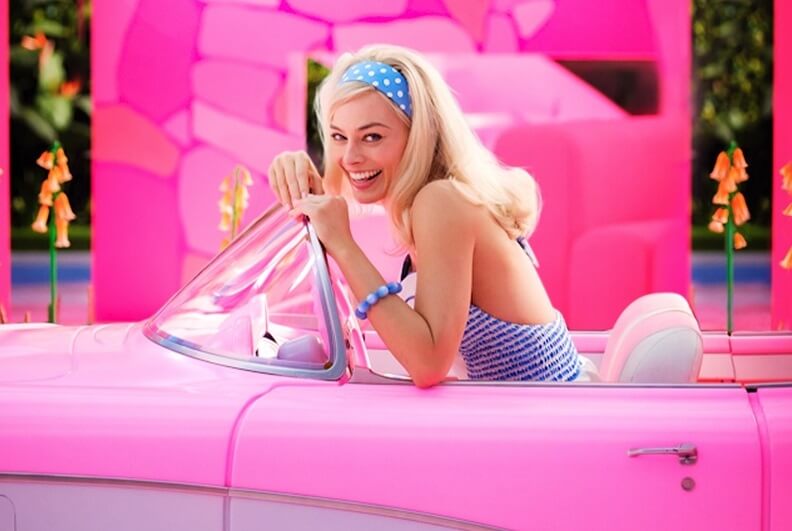When you’re a small business, you spend a lot of time and a considerable amount of money building your brand. A brand encompasses so many factors, including the obvious ones like your logo, colors, marketing messages, etc.
But a brand also includes less tangible elements like what you want your brand to stand for and how it reflects your values, voice, image, and personality.
You have to be flexible when brand building. The image you think you’ll convey when you start may not be where you end up. And that’s ok. Pivoting is part of entrepreneurship.
But once you’re established, once consumers know your brand and what you stand for, pivoting can be dangerous. In fact, it can be deadly to your business.
Let’s look at two things that happened this past weekend when the world was abuzz about the actions of two iconic brands.
Elon Musk, the owner of Twitter, a well-known brand for almost all of its 17 years, decided to rebrand. Why? Because he envisions a bigger company involved in numerous activities, including banking. The New York Times says Musk wants to create “an everything app.”
Years ago, I asked Amazon found Jeff Bezos why he named his company Amazon (since it didn’t convey books), and he told me that from the start, his vision was to deliver far more than books.
Perhaps that’s why Musk decided to name his company X. But Musk made what can only be called rookie mistakes. He didn’t do his homework. His new logo is not particularly memorable or even customized. And Mark Zuckerberg and Meta trademarked X in 2019 for several business sectors, including social media.
While Twitter was removing its old name from its headquarters, they were stopped by the police since Musk hadn’t bothered to get a permit.
Twitter has been losing customers since Musk took over. He changed the brand’s purpose, its voice, and its tone. He cut services capriciously, angering his target audience.
Bloomberg tweeted, “Renaming Twitter to X wiped out anywhere between $4 billion and $20 billion in value, analysts and brand agencies estimate.”
And then there’s Barbie. We told you about the incoming power of Barbie months ago. Still, I don’t think anyone anticipated the Barbie movie would experience global sales of $356 million in its opening weekend alone.
Sure, Barbie is almost instantly recognizable across generations. But, according to Fast Company, “In 2014, Mattel had a real Barbie problem. The brand was in the pit of a three-year sales decline; but worse, its image was in disarray. According to the company’s research, Barbie was outdated and didn’t reflect the diversity or image of modern girls.”
But the people at Mattel didn’t dig in and declare they knew better than their audience. Instead, Mattel’s president and COO told Fast Company, “We were missing the mark. We took those insights and really re-engineered everything.”
In other words, they pivoted their Barbie brand to better reflect and appeal to their customers, not offend them.
There are good lessons here:
- Be flexible and willing to pivot
- No matter how successful you are, you can never rest on your laurels
- No one is immune from failure
And perhaps most important, listen to your customers.
Photo courtesy Warner Bros.

